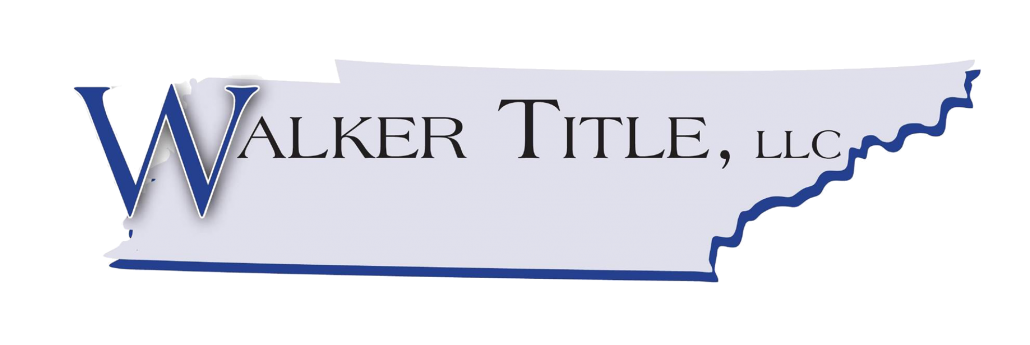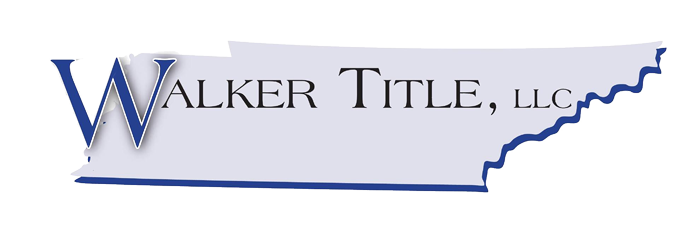Here are the answers to some of the more common questions we get. For details and on any other questions, please don’t hesitate to contact us.
I want to buy a house, where do I start?
If you are a first time buyer, you must start by assessing your credit score because it can affect how much money you can borrow and what your monthly payments will be. You should also consider how much you are able and willing to pay for a house, what kinds of monthly payments you would be able to afford, what kind of down payment are you able to make, and whether you have at least two years of solid employment history. All of these factors can significantly affect your mortgage loan, your interest rate, your monthly payments, and so on.
Once you have made the preliminary calculations, you can start your search by finding a real estate agent or by doing some research on your own. Once you find your perfect house and you have done some calculations, you can make an offer to the seller. But don’t wait too long! Someone else might snatch your house before you even get the chance to negotiate the price.
What is title insurance?
Title insurance is a one-time premium insurance you can purchase in order to protect your financial interest in real property against losses due to title issues, liens, faulty or forged documents from the past, unknown heirs or spouses, etc.
What fees are involved in my closing?
Closing costs include the attorney or closing agent fees, document preparation, escrow fees for taxes and insurance, as well as document recording fees and wire transfer fees. Closing costs are also what the lender charges you for giving you a mortgage loan.
Can you explain tax pro-rations and roll backs?
Tax proration means the seller of the property is responsible for taxes from New Year’s Day until the Closing Date. The Settlement Statement will show these fees. If the amount of the taxes due for the year in which the sale is closed is not available on the Closing Date, proration of taxes shall be made based on taxes in the previous year. If there are additional charges based on assessment after the Closing Date, the additional taxes will be paid by the Buyer.
The issue with rollback taxes often arises upon purchase or sale of property. If the Buyer has been receiving a tax exemption for the land because it was used for agricultural purposes, for instance, if the use of land changes, the property is subject to a special tax. This is a rollback tax, which is the difference between what the owner paid in taxes with tax breaks versus what he would have owed had there not been a tax break for the past five years. There is no definitive answer as to who must pay the rollback tax, the party responsible is technically whoever changes the use of the property. Since the line can often be blurry and rollback taxes can add up to a hefty sum, it is important to have good legal counsel and clear communication between the Buyer and Seller about the possibility of paying rollback taxes.
What if I have an issue with my title?
An issue with title can often mean unpaid liens on the property. If you are the seller of a property with a title issue, you can sell the property as long as however much you owe on your lien(s) comes out of the proceeds first to pay off any debt. These payments will be indicated on the Settlement Statement.
If someone else, such as unknown heirs or spouses are laying claim to the property, the issue could involve litigation.
What happens at closing?
Both parties sign the legal documents, loan documents, if any. You also receive the keys to your new home.
Do I have to be present at closing?
Ideally, yes, because we need your original, notarized signature on the documents and in order to explain everything you are signing and answer any questions. However, in certain unique situations when you are simply not available to physically be present to sign your documents in front of one of our notaries, we could work with you to make sure you can sign the documents remotely.
How much money do I need to bring to my closing?
That depends on how the seller and buyer and splitting the costs of the closing. Your settlement agent will tell you in advance if, and how much money you need to bring.
When will my check be ready?
When all of the closing conditions have been met, all documents have been delivered and all the required money for closing has been received by your closing agent, the checks will be issued.

